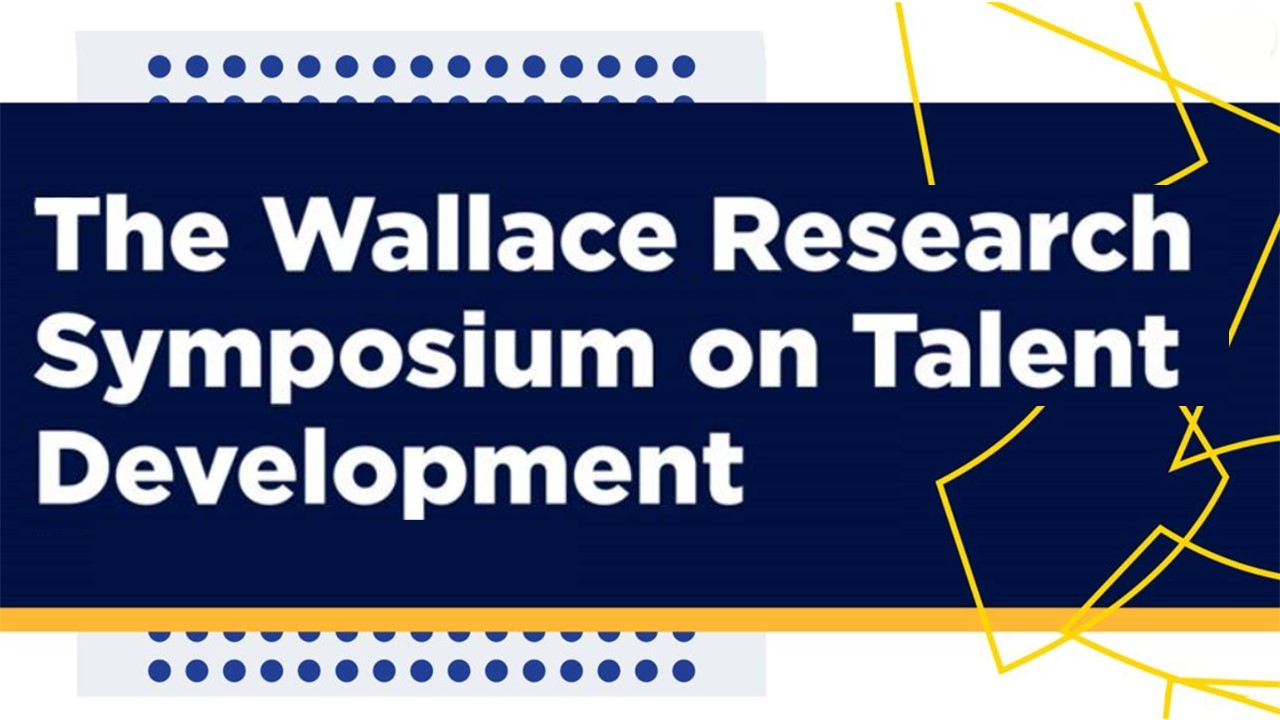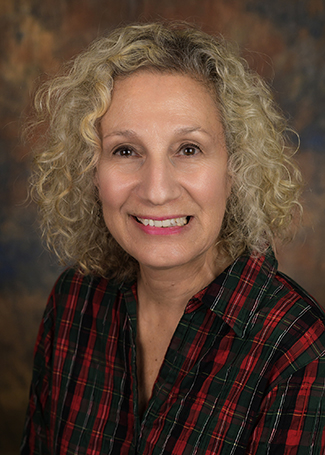
Schedule
Speakers
Campus/Building Maps
Updates
Outlier Talents: Contributions of Non-traditional, or Culturally or Regionally Unique Domains to Our Understanding of Talent Development — Rena Subotnik
Monday, May 20, 2024, 11:30 am – 12:30 pm, Lawrence D. McHugh Hall, Room 206
While many researchers reluctantly diminish the importance of outlier data to forward a hypothesis, other creative scholars like Nobel laureate Joshua Lederberg look to outliers as a source of inspiration for new research agendas. The goal of this session is to feature factors associated with outlier talents, such as circus arts, rodeo, drum corps, artistic swim, or magic that might enhance our understanding of the general process of talent development. The presentation will include analyses from a sample of domains, including a brief history, needed systems of support outside of the school curriculum, and the role of mentors and gatekeepers who carry the burden and power of identifying potential talent. The Talent Development Megamodel (TDMM) will provide a framework for comparing the sample of outlier talents with each other and with more traditional domains. The presentation will include insights from practicing artists, performers, and scholars who are deeply involved in the domain, including the derivation of their interests, the psychosocial skills associated with achieving expertise, significant obstacles, and sources of motivation and inspiration.
